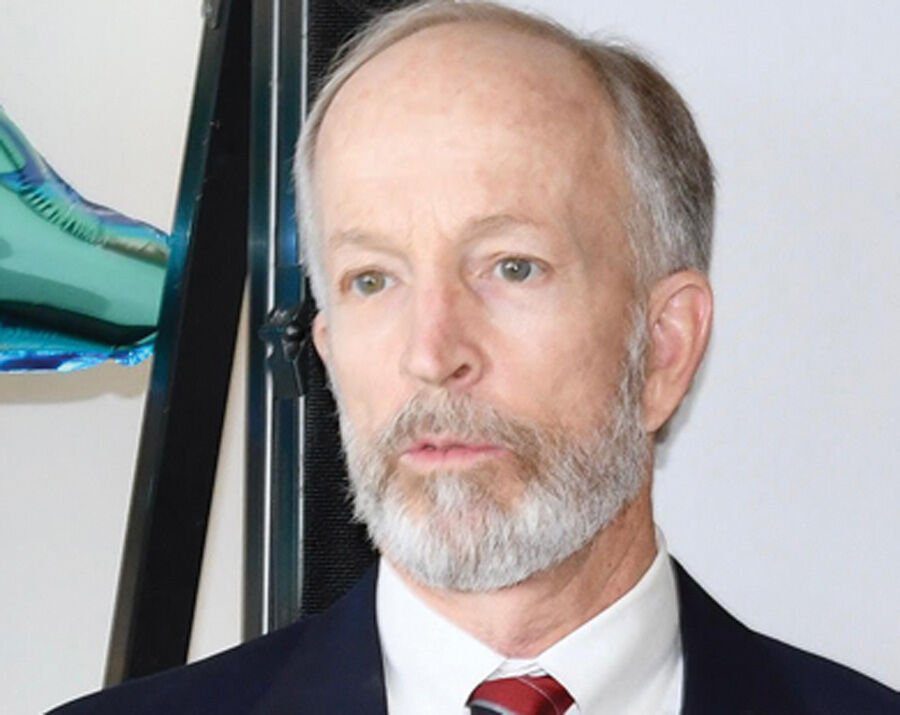Malibu is a few weeks into newly elected Mayor Paul Grisanti’s term. The city also happens to be a few weeks out from the beginning of June, and the start of Malibu’s busy tourist season. Those hot months loom large in Grisanti’s mind. To him, the most pressing issue the city faces is surviving the summer.
“We’ve got some public safety issues we’ve got to get resolved in a quick and efficient fashion,” he said in a recent interview. “We can’t have another summer like last summer. It was horrible for us; it was horrible for our visitors.”
Grisanti was referring to the masses that descended on Malibu, fleeing pandemic-stricken Los Angeles, seeking sunshine and surf—often driving like maniacs. Grisanti spoke of double- and triple-parking creating massive traffic jams.
“We would like the visitors to understand that we need their help to keep Malibu a special place, and to be a special place, people have to obey the rules,” he continued.
“The odds are [this summer] is going to be much better,” he said, due to new limitations on overnight parking and large vehicles.
Grisanti’s term as mayor—during which he will run council meetings and represent the city ceremonially, but which does not give him any more decision-making power than the four other council members—will last about nine months.
Grisanti said he hoped to use that time to make more improvements, such as making sure the city has enough tow trucks and manpower to write tickets.
These efforts are complicated by the fact that the pandemic is still forcing council meetings online. When asked what it has been like being mayor from home, Grisanti quipped, “My dining room looks like hell.”
Grisanti said he thought one of the reasons people tend to debate so much online about city politics is because they cannot look at each other and get a feel for common ground.
One recent Malibu rift was over the employment of former City Manager Reva Feldman, whom Mayor Pro Tem Bruce Silverstein characterized as corrupt. Silverstein promised to work to remove the 16-year Malibu employee during his run for council in 2020. He got his wish: Feldman resigned on Saturday, May 1.
Feldman’s departure means Malibu is now missing an official city manager, though it hired civil servant Steven McClary from up the coast to serve as interim city manager. The city has also been missing a permanent city attorney for months, after longtime City Attorney Christi Hogin retired at the close of last year’s election cycle; John Cotti, a colleague of Hogin at her firm Best Best & Krieger, currently serves as interim city attorney. City Clerk Heather Glaser also recently departed the city, taking a job in the Bay Area. Her replacement is also being sought, with Deputy City Clerk Kelsey Pettijohn filling in for the time being.
In his opening remarks as mayor during his swearing in on April 26, Grisanti said he looked forward to trying to rebuild city staff’s confidence.
“We want to try to keep this staff that is pretty wonderful together, so we don’t have to start over rebuilding” he expanded during a later phone interview.
In his opening mayoral remarks, Grisanti also said he hoped residents would appreciate his “tendency to be rather concise.”
To The Malibu Times, the new mayor characterized his leadership style as solution-oriented, a trait he traces as far back as his experiences working in his father’s hardware store during his childhood growing up in the small town of Atascadero, in San Luis Obispo County.
“[My dad] had me talk to adults and try to find out what their problems are and help them solve them—ideally with something we sold, but if we did not have it, I was to direct them to other merchants in the area,” he said. He views his real estate career, which he started in Malibu back in 1978, in the same way: He finds clients homes that fit their needs.
“It’s all about serving the people,” Grisanti said.
The fact that Grisanti moved to Malibu when he was 25—he is now about to turn 68—helps, too. He saw Malibu incorporated as a city, a process that was set in motion when residents battled back against the county’s efforts to impose a sewer system on the eastern half of the town.
Now, Grisanti said, Malibu does not look like what he had imagined it would, noting that the city did end up getting a sewer—generated by a lawsuit that Grisanti called one of the city’s missteps in the time he’s been in Malibu. But, he said, “there have been many missteps, and there will always be missteps in anything that happens because human beings are involved and we’re not perfect.
“We’ve tried stuff that didn’t work, and when it doesn’t work, we’ve been pretty good at backing up, figuring out what we should’ve done and changing directions,” he added.
Grisanti, who has lived in various Malibu neighborhoods over the years, currently lives in Malibu West, where he plans to stay until he “shifts off this mortal coil.”

